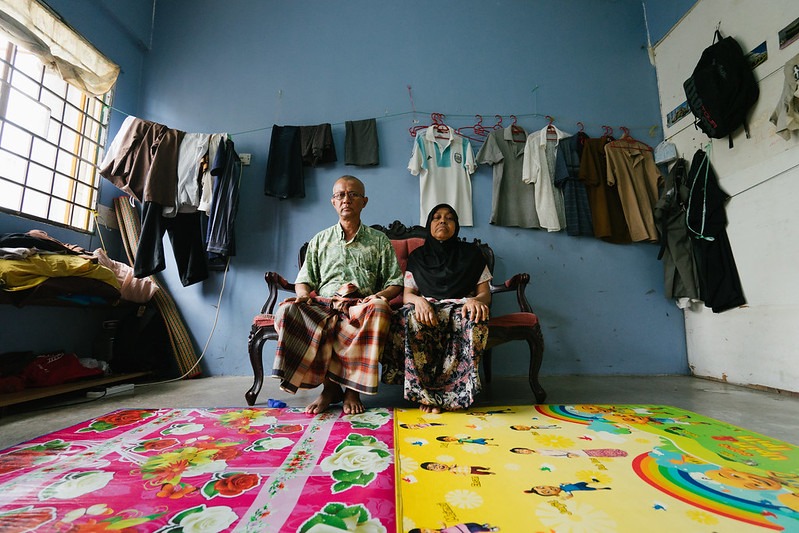
“Legibility by Invitation”: Rohingya Refugees and the Struggle for Political Recognition
Once, in mid-August 2018 in a café tucked away in Klang Valley, Malaysia, Husin, my Rohingya research collaborator, and I sat with Fatimah, a young Rohingya woman. As it was after eight in the evening, I asked if she was worried that she might be detained by the police. “Ah Kak, that’s because the police just want money… if you know how to talk, you don’t have to pay bribe,” Fatimah explained to me in Malay before continuing, “kalau mereka mau tangkap saya, jemputlah . Saya ada UN card, saya tak takut. ” (emphasis mine). For Fatimah and other Rohingya refugees I have met in Malaysia, the notion of invite extends to their desire to be seen not just as refugees, but as Rohingya refugees. (read more...)
